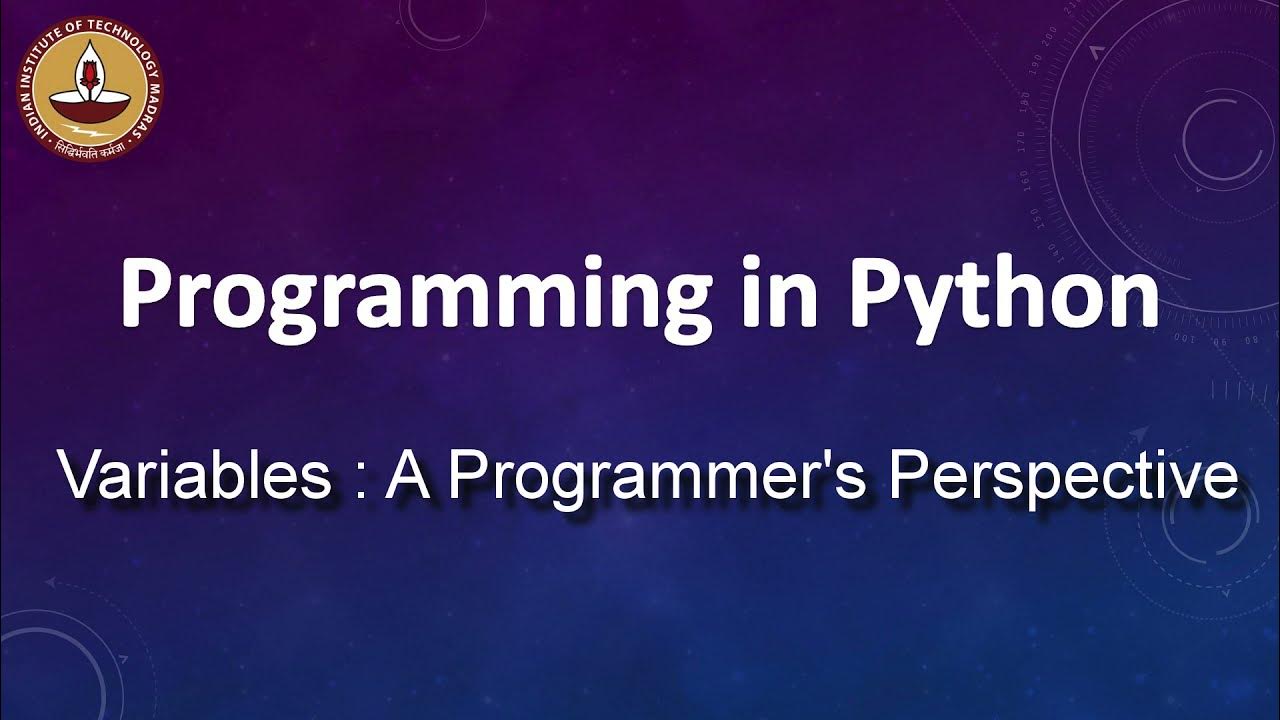Naming Things in Code
Summary
TLDRThe video discusses essential naming practices in programming, arguing against single-letter and abbreviated variable names for clarity. It critiques outdated conventions like Hungarian notation and the use of 'Base' or 'Abstract' in class names, advocating for descriptive names that reflect functionality. The speaker emphasizes the importance of organizing functions into meaningful classes rather than cluttering code with utility modules. By following these guidelines, developers can enhance code readability and maintainability, ultimately improving the programming experience.
Takeaways
- 😀 Use descriptive variable names instead of single-letter names for clarity.
- 🤔 Avoid abbreviations as they can create confusion and rely on context.
- 🔢 Include units in variable names (e.g., delaySeconds) to specify the data type.
- 🚫 Don't prefix names with types or unnecessary descriptors like 'Base' or 'Abstract.'
- 📦 Refactor utility functions into meaningful classes rather than bundling them into a 'utils' class.
- 🖥️ Modern coding environments allow for longer variable names without sacrificing readability.
- 📜 Favor clarity in naming over conciseness, especially since code is read more than it is written.
- 🔄 Consider renaming child classes based on their functionality rather than relying on generic parent names.
- 📊 Utilize specific types or constructs in programming languages to eliminate ambiguity in data handling.
- 🤝 Foster a culture of thoughtful naming practices to enhance code collaboration and maintenance.
Q & A
What are the two hard things in computer science mentioned in the transcript?
-Cache invalidation and naming things.
Why should single-letter variable names be avoided?
-Single-letter variable names do not provide any meaningful context about the variable's purpose, making code harder to understand.
What is the argument against using abbreviations in variable names?
-Abbreviations rely on context that may not be available to all developers, which can lead to confusion and misunderstanding of the code.
Why is Hungarian notation considered outdated?
-Hungarian notation prefixes variable names with their type, which is unnecessary in modern statically typed languages where the type is already clear.
What is a recommended practice for naming variables that involve units?
-It is advised to include the unit in the variable name (e.g., 'delaySeconds') to make it clear what unit is expected.
What should developers do instead of prefixing interface names with 'I' in C#?
-Developers should focus on what the interface does rather than its type, as consumers care more about functionality than the underlying type.
How can naming issues indicate problems with code structure?
-If a developer struggles to find a good name for a class or function, it may indicate that the code is not organized effectively and could benefit from refactoring.
What is the issue with having a 'utils' or 'helper' class?
-Bundling functions into a 'utils' class can lead to poor organization; instead, functions should be integrated into relevant classes or modules for clarity.
What should be done with functions that can be associated with specific classes?
-These functions should be moved into their respective classes to enhance cohesion and clarity.
What overall impact do good naming practices have on code?
-Good naming practices lead to code that is easier to read, understand, and maintain, reducing the likelihood of errors and enhancing collaboration.
Outlines

Esta sección está disponible solo para usuarios con suscripción. Por favor, mejora tu plan para acceder a esta parte.
Mejorar ahoraMindmap

Esta sección está disponible solo para usuarios con suscripción. Por favor, mejora tu plan para acceder a esta parte.
Mejorar ahoraKeywords

Esta sección está disponible solo para usuarios con suscripción. Por favor, mejora tu plan para acceder a esta parte.
Mejorar ahoraHighlights

Esta sección está disponible solo para usuarios con suscripción. Por favor, mejora tu plan para acceder a esta parte.
Mejorar ahoraTranscripts

Esta sección está disponible solo para usuarios con suscripción. Por favor, mejora tu plan para acceder a esta parte.
Mejorar ahora5.0 / 5 (0 votes)






